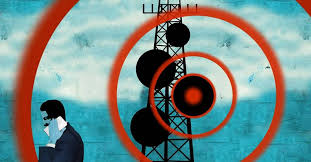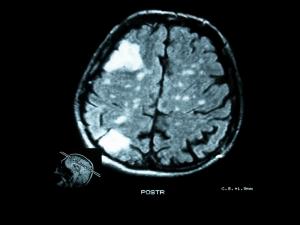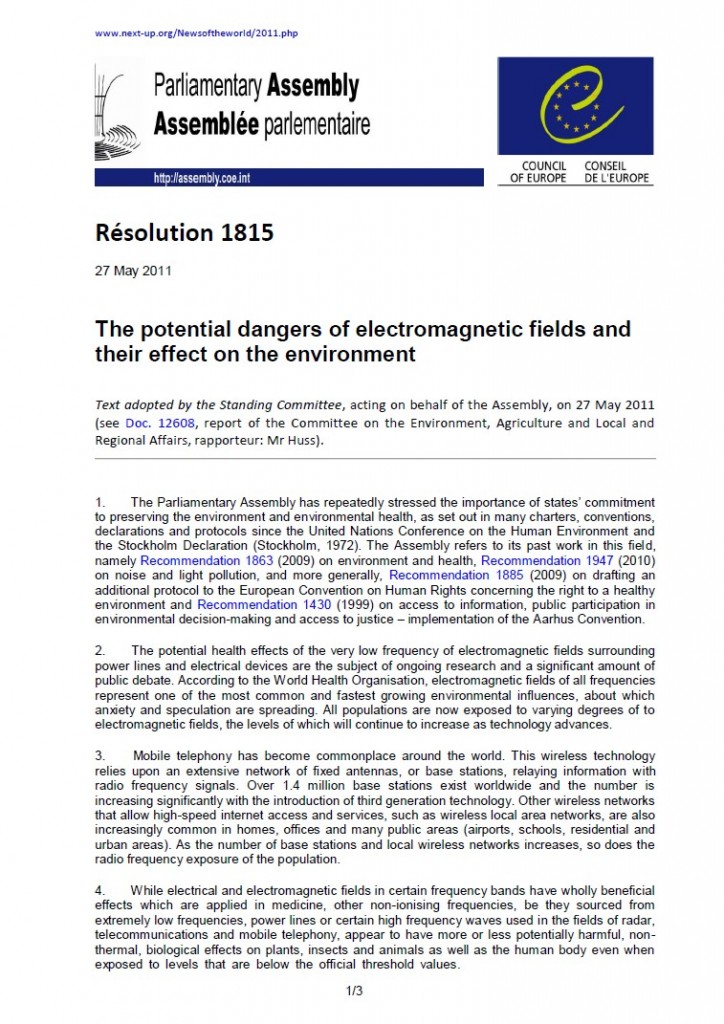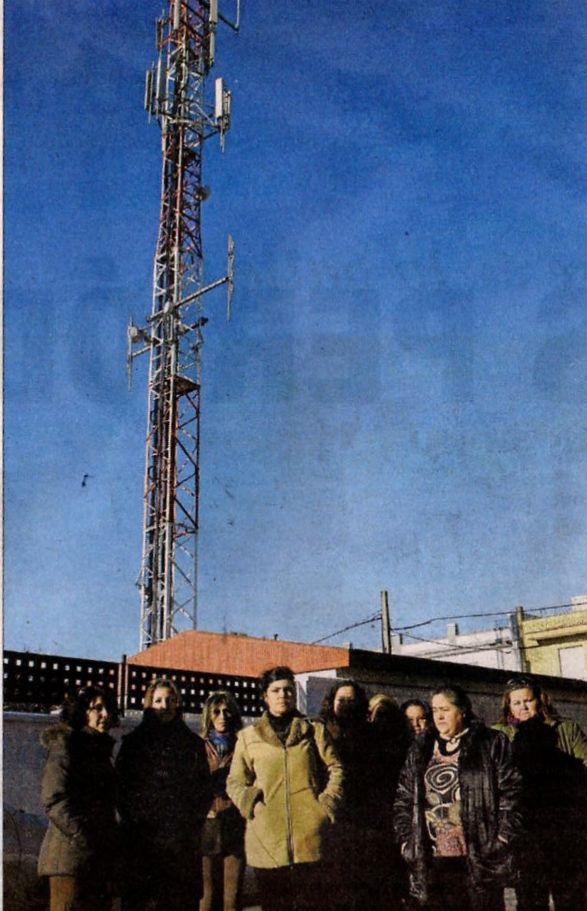Portada del sitio > Prensa > Wi-Fi backlash: Councils urge caution on networks in schools
The Independent on Sunday, 15/7/07
Wi-Fi backlash: Councils urge caution on networks in schools
Domingo 15 de julio de 2007 · 1727 lecturas
The Independent on Sunday, 15/7/07
Wi-Fi backlash: Councils urge caution on networks in schools
Labour and Liberal Democrat councillors issue call for embargo in response to parents’ concerns over children’s exposure to radiation in the classroom
By Geoffrey Lean, Environment Editor
Published: 15 July 2007
Local councillors are pressing for the suspension of the use of Wi-Fi in schools, in the first official revolt in Britain against the widespread use of the technology in the classroom.
The powerful overview and scrutiny committee (OSC) of Haringey council in London resolved this month that there should be "a precautionary approach" to Wi-Fi because of concerns about risks to the health of children and teachers.
With cross-party agreement, it recommended that no new Wi-Fi systems be installed and that existing ones should be discontinued pending "full consultation with parents and staff". The recommendation was last week welcomed as "excellent news" by the Professional Association of Teachers, which believes the "proliferation" of networks in schools "could be having serious implications for the health of some staff and pupils".
In a separate development, Camarthenshire County Council’s education and children’s scrutiny committee called on its officers to draw up "a good practice guide" on how the technology should be used in schools.
The councils’ moves follow a call by Sir William Stewart, chairman of the Health Protection Agency, for a review of the use of Wi-Fi in the classroom. His concerns about possible damage to health from the radiation it emits were first reported by The Independent on Sunday in April and later followed
up by the BBC’s Panorama.
As the IoS reported last week, two-thirds of Britons believe that similar radiation from mobile phones and their masts affects their health.
Authoritative Scandinavian studies have suggested that the use of mobiles can cause cancer and kill off brain cells, leading to fears that today’s young people could go senile in middle age.
There is much less evidence on effects from masts - though studies have revealed a worrying incidence of headaches, fatigue, nausea, dizziness and problems with memory and sleep.
Wi-Fi systems effectively take small versions of these masts into homes and schools, but virtually no research has been done on their effects. By some estimates, half of all primary and four-fifths of secondary schools have already installed them, with the encouragement of the Government, which
describes them as "magical".
Yet the regional government of the Austrian province of Salzburg has been advising schools not to put them in for more than 18 months and is now considering whether to ban the technology altogether. The Austrian medical association, to which all the country’s doctors belong, is lobbying against its deployment.
In March, the Bavarian parliament issued a recommendation to all schools in the German province not to use the technology, and last summer the Frankfurt city government said it would not install it until its safety was proven.
The Haringey councillors’ unanimous call for a cautious approach overruled the advice from council officers that it was not necessary. In a report to the committee, the council’s deputy director of the children and young people’s service advised that it "cannot apply, as the likelihood of harm being realised is extremely low".
But, after hearing from concerned local parents, both the Labour and Liberal Democrat councillors - representing the only two parties on the council -agreed the technology should be curbed.
Councillor Gideon Bull, the committee’s chairman, who himself used to work for an internet company, commented: "It is extremely worrying. We have an obligation - particularly where little kids are concerned - to act responsibly."
Councillor Martin Newton, Lib Dem opposition leader on the committee, said: "We just don’t know the long-term health effects and should be taking a precautionary approach.
"For me, sufficient doubts have been raised around [the] potential health effects of Wi-Fi that it is right that parents and staff are given advice and information to allow them to make informed choices and be fully consulted on its use in schools."
The committee’s recommendation, which goes to the council’s cabinet for a decision on 26 July, says that Haringey should write to schools recommending that they consider the hard-wiring of computer equipment, which has sparked far fewer health concerns, as "the preferred option".
It adds that, if after "full consultation with parents and staff", schools do decide to install Wi-Fi, the council should recommend that it "is only switched on when necessary".
Ver la noticia original AQUÍ







